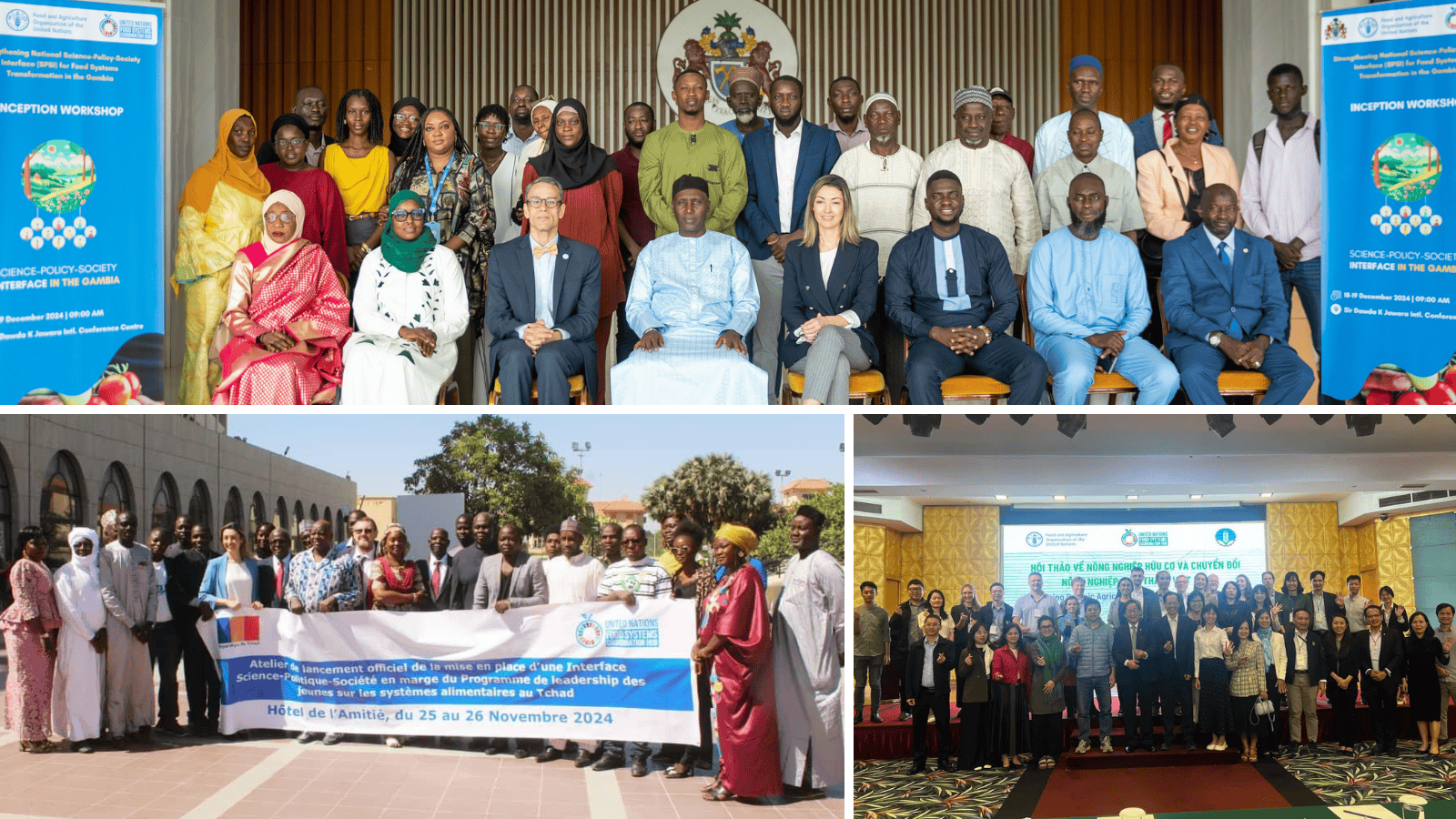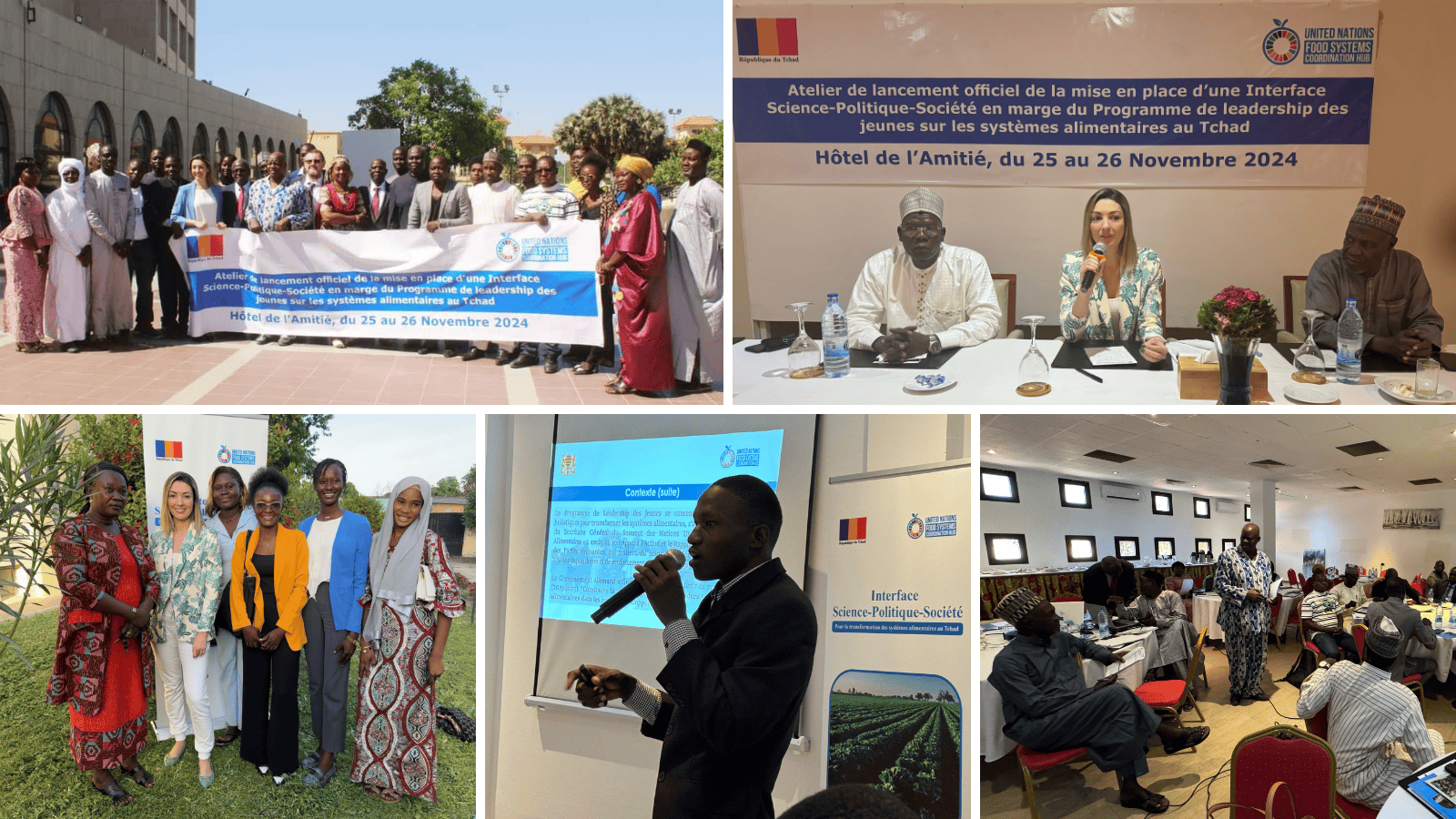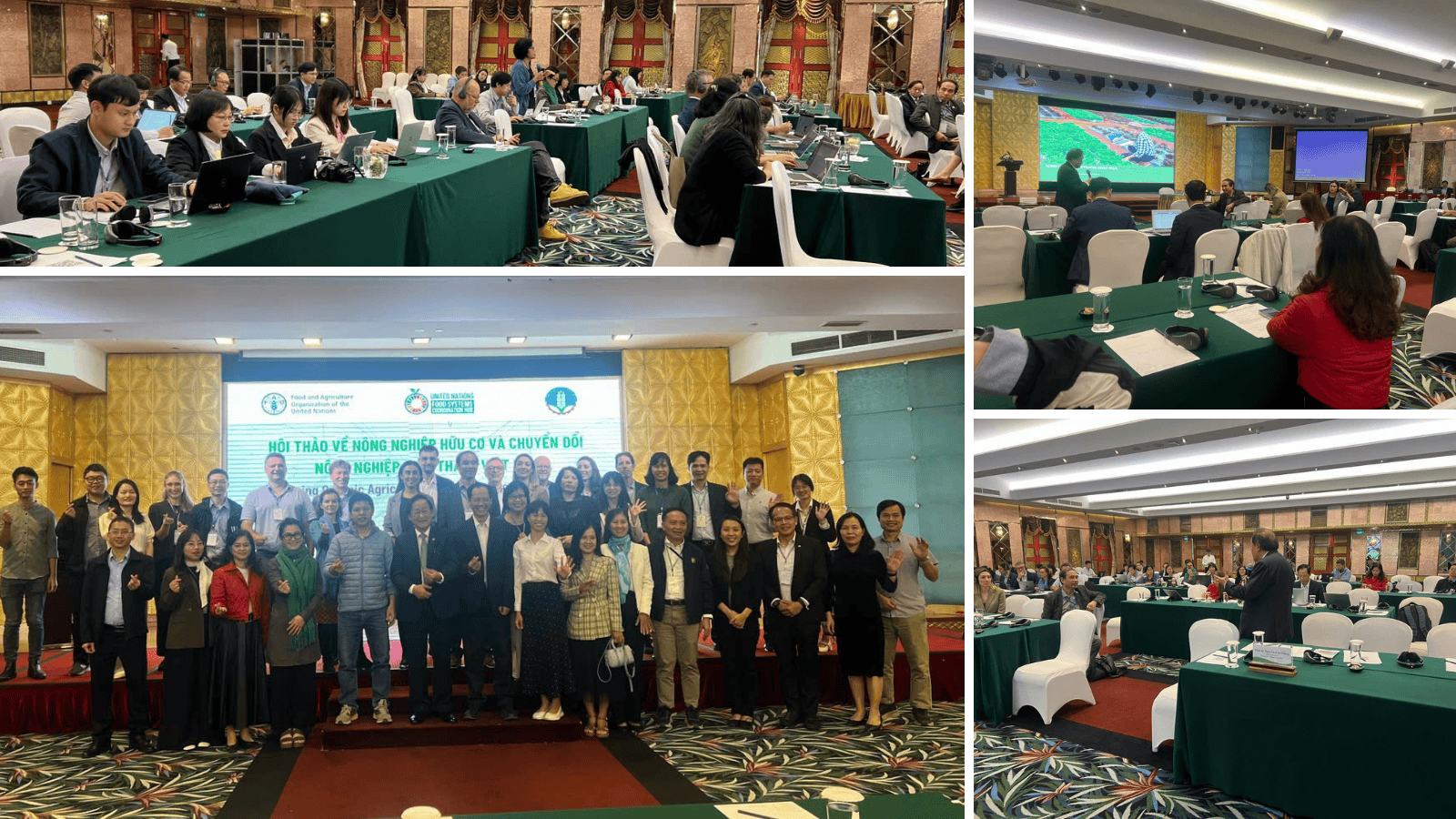SEED FUNDING JOINT PROGRAMMES
Egypt
Strengthening Sustainable and Resilient Food and Nutrition Systems in Egypt for SDG Acceleration




PROJECT TITLE | Strengthening Sustainable and Resilient Food and Nutrition Systems in Egypt for SDG Acceleration |
| Context | Egypt engaged actively in the 2021 Food Systems Summit process, convening a national dialogue and developing national pathways with recommended interventions for improving food security and nutrition by 2030. To enhance multi-sectorial coordination and spearhead the transformation process, the Government created a National Committee for Food and Nutrition Systems chaired by the Prime Minister and bringing together several ministries to coordinate joint actions. Strengthening coordination mechanisms, fostering multi-stakeholder partnerships, consolidating accountability structures, focusing on the availability of evidence, analysis, and data, are identified as key priorities to strengthen the food systems governance structure in Egypt. |
| PUNOs | WFP, FAO, UNICEF |
| Contribution to SDGs | SDG 2 Zero Hunger, SDG 3 Good Health and Well-being, 12 Responsible Consumption and Production. |
| Contribution to other SDG transitions | Climate, biodiversity, pollution |
| Duration | June 2024 – May 2025 |
| Expected financial leverage | $87,000 (PUNO co-financing) |
| Alignment with SG Call to Action | Policy integration; Food systems governance; Research, data, technology and innovation; Inclusive and participatory design; Private sector engagement |
| Outcomes | The JP contributes to strengthening policy and governance frameworks for food systems transformation and generating evidence and analysis on key dimensions of food systems to inform decision-making, supporting the work of the National Committee for Food and Nutrition Systems. The JP complements the government’s flagship program “Country Platform for the Nexus of Water, Food and Energy”, which provides a mechanism to mobilize climate finance and private investments. |
| Partners |
|
| Outputs |
|
Connecting science, policy, and society for sustainable food systems
Workshops in Chad, Viet Nam, and The Gambia launched Science-Policy-Society Interfaces as part of the Hub’s Youth Leadership Programme (YLP).

How do we bridge the gap between decision makers, science and the communities most affected by food systems challenges? This question guided recent pilot workshops in 2024 in N’Djamena, Chad (November 25-27), Hanoi, Viet Nam (December 3-6), and Banjul, The Gambia (December 18-19). These workshops marked the launch of Science-Policy-Society Interfaces (SPSIs) – collaborative platforms spearheaded by the UN Food Systems Coordination Hub (the Hub) through the Food Systems Youth Leadership Programme (YLP). Designed to turn innovative ideas into practical solutions, SPSIs bring together young leaders, researchers, and policymakers to drive science-based, locally-driven food systems transformation.
Why SPSIs matters
SPSIs tackle pressing global issues – such as food insecurity and climate change – by connecting science, traditional knowledge, policymaking, and societal needs. These platforms foster collaboration across diverse perspectives, creating a shared understanding of challenges and unlocking new pathways for evidence-based and inclusive decision-making.
SPSIs represent the next phase of the YLP, supported by the German Federal Ministry for Economic Cooperation and Development. The YLP equips young professionals in low- and middle-income countries with the tools to lead transformative change. After successfully training nearly 100 young leaders in its first phase in 2024, the programme is now expanding to co-develop solutions aligned with the Sustainable Development Goals (SDGs).
“The upcoming UN Food Systems Summit in 2025 will serve as a pivotal moment to amplify the progress we have made here, and to demonstrate the transformative power of youth and systems thinking to drive cohesive decision making across all sectors,” said Nicole de Paula, Technical Officer at the Hub.
Highlights from the workshops
The workshops in Chad, Viet Nam, and The Gambia brought together National Convenors, youth leaders, researchers, policymakers, and civil society to shape food systems strategies tailored to local needs:
In Chad, National Convenor Haroun Moussa, Prof. Tidjani Abdelsalam, YLP alumnus Kaira Baké, and FAO Chad led discussions on scaling youth-led initiatives and enhancing knowledge-based decisionmaking in fragile countries. Participants co-developed a roadmap for youth capacity development, and started planning national campaigns to address knowledge gaps leading to UNFSS+4. A task force was created to track SPSI outcomes, and the event received national TV coverage. This event built on earlier inclusive dialogues supported by Denmark through the Hub, supporting the implementation of Chad’s national food systems transformation pathway.

In Viet Nam, in collaboration with FAO’s Chief Scientist Office, the workshop piloted FAO’s 2024 guidance on strengthening national science-policy interfaces for agrifood systems. National Convenor Dao The Anh facilitated discussions on creating a knowledge-based, gender-sensitive, and youth-responsive strategy to advance Viet Nam’s national pathway towards UNFSS+4. Participants identified opportunities for coordinated action, agroecology, and enhanced multi-stakeholder collaboration.

In The Gambia, The Hon. Baboucarr Bouy, Minister of Public Service, Administrative Reforms, Policy Coordination and Delivery, welcomed participants on behalf of the Honourable Minister of Agriculture. Resident Coordinator Karl Frédérick Paul and FAO Representative Moshibudi Rampedi also showed their support for the initiative. YLP alumnus Musa Juwara was appointed to lead a national task force to follow up on workshop outcomes. German Ambassador Klaus Botzet reaffirmed Germany’s commitment to youth and women’s empowerment in driving systems change. The event gained national media attention, spotlighting the urgency of inclusive, knowledge-driven food systems transformation.
View highlights from the SPSI workshops in Chad, Viet Nam, and The Gambia, featuring insights from participants.
Building momentum for UNFSS+4
These workshops contribute to preparations for the UN Food Systems Summit +4 (UNFSS+4) in 2025, where countries will assess progress on their national food systems transformation pathways. By piloting SPSIs in selected countries, the YLP aims to sustain political momentum from the UN Food Systems Summit and respond to the UN Secretary-General’s Call to Action for accelerated Food Systems Transformation (FST).
What’s next?
The SPSI launch is just the beginning. Over the next year, the YLP will continue partnering with young leaders, national coordinators, academics, and stakeholders to pilot SPSIs in more countries. These pilots will model national pathway implementation, scaling up successful strategies to drive broader impacts in response to the UN Secretary-General’s Global Call to Action.
